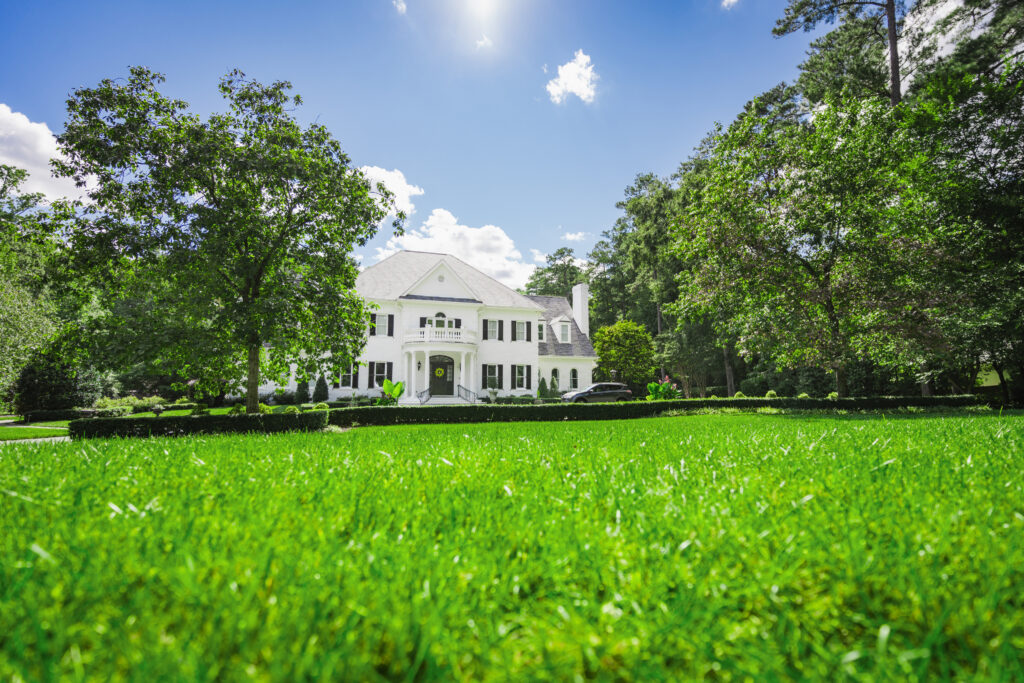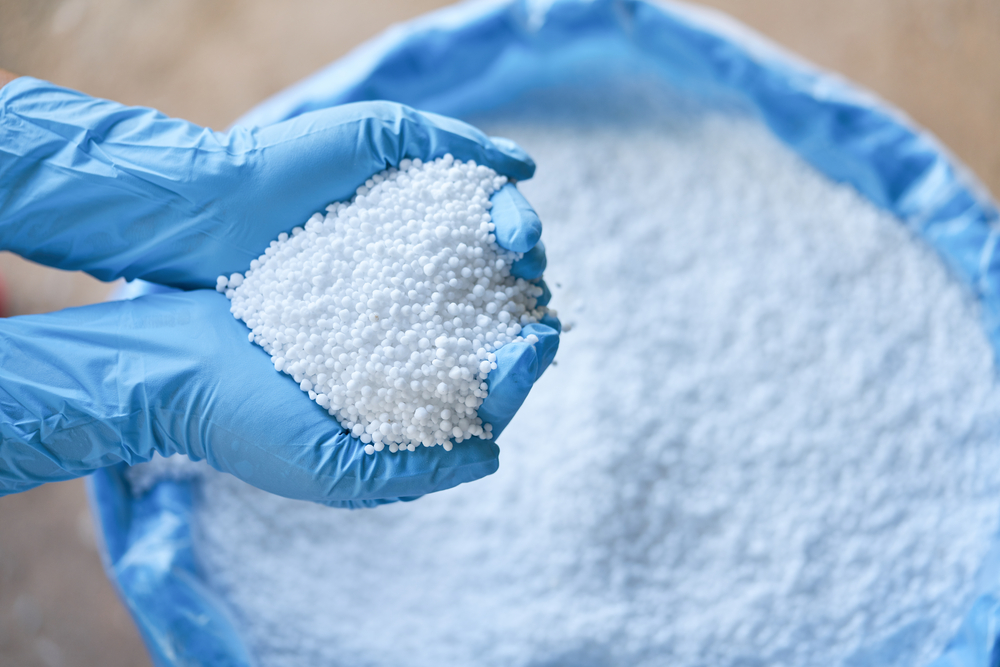From the desk of Mike R.
Turf Nerds Blogs
Welcome to Canopy Lawn Care’s Turf Nerds blog. Read through valuable insights, tips, and fun lawn care banter written from the desk of Mike Hrivnak. Mike’s credentials include graduating from the #1 turf grass management program in the U.S. at NC State, athletic field management for UNC Chapel Hill, Durham Bulls, and the Washington Nationals, plus 20 years of industry experience.


November 6, 2025
What to Expect as a New Canopy Customer
Thinking of joining Canopy Lawn Care? Learn what sets our approach apart in this helpful guide for new customers. From soil-first lawn treatments and smart weed control to sustainable practices and homeowner tips, discover how our HealthyLawn Program builds a greener, healthier lawn—naturally.
Read more




July 8, 2025
Lauren Ritch Named “Unsung Hero” in the 2025 Women in the Green Industry Awards
Read more


General Inquiry
Canopy Lawn Care was founded with a purpose. To leave people and planet better than we found them.
Inquire Now


